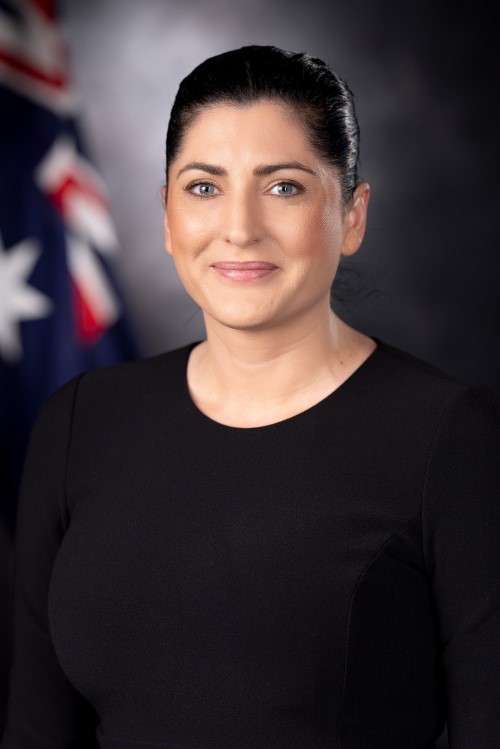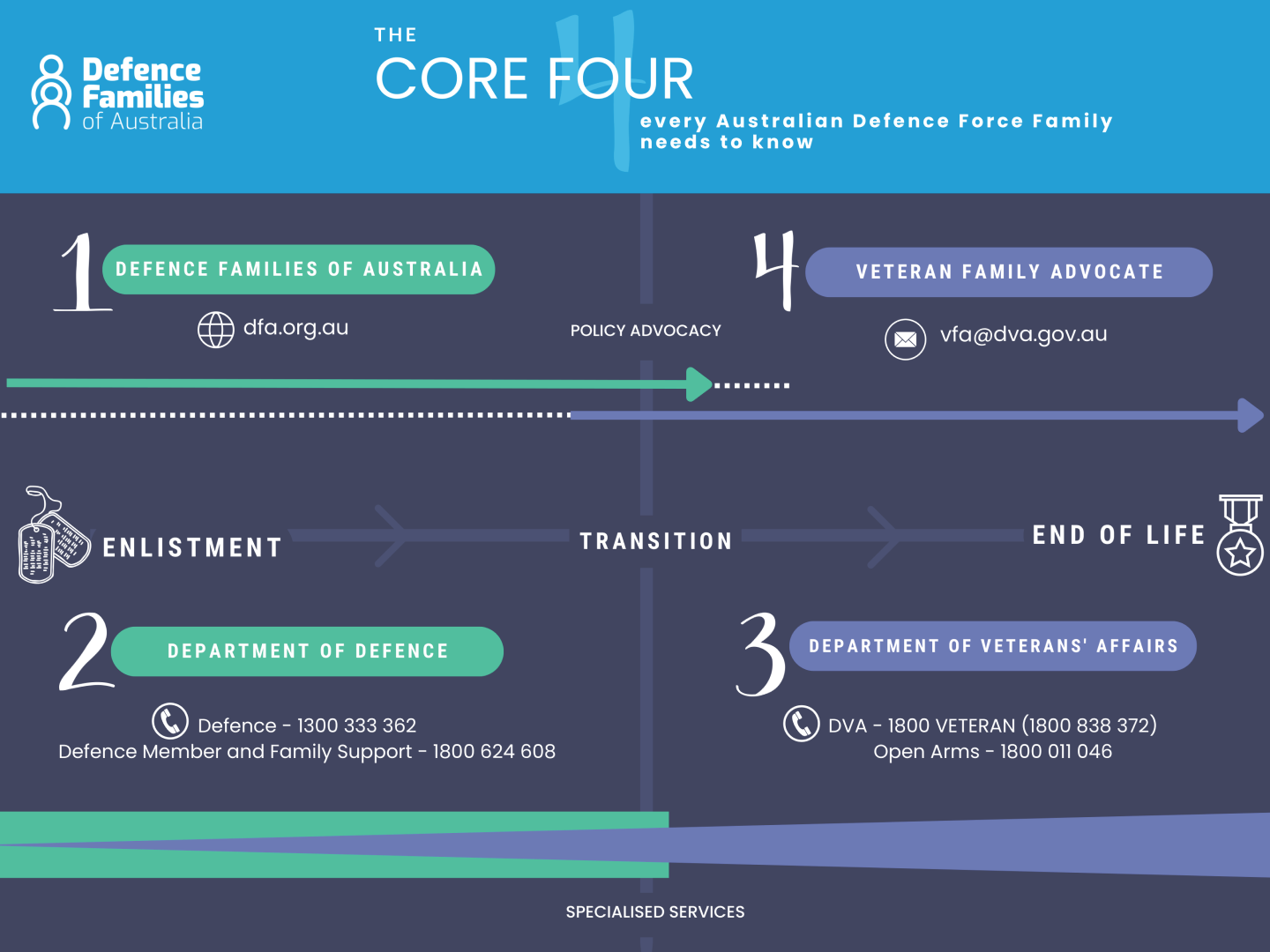Stronger collaboration to support families during transition

A message from Defence Families of Australia
The new lead advocate for families of current ADF members sees an opportunity for organisations serving the cohort to work better together to uncover crucial information from families during transition from service.
Defence Family Advocate of Australia, Charlotte Webb, said transitioning out of Defence offered not just the member, but their families, the chance to reflect on the challenges faced, as well as changes they saw along the way.
‘If we can encourage families to better engage with Transition Coaches and Defence Member and Family Support during this time, Defence Families of Australia (DFA) can leverage this information from those branches to advocate for Defence to improve the experience for other current serving families,’ Ms Webb said.
‘Some families have decades of experience navigating the challenges of Defence family life, and everyone’s experience is different. By tapping into this wealth of lived experiences and sharing information with Defence, together we have an opportunity to make real, meaningful change for generations of serving families.’
Ms Webb was recently appointed to the role of the Defence Family Advocate of Australia by the Minister for Veterans’ Affairs and Defence Personnel, Matt Keogh. She said a key finding from the Royal Commission into Defence and Veteran Suicide was that families need to be included more proactively in processes of recruitment, service, and transition.
‘The Final Report has acknowledged that families are as much a part of the process as the members are, and a transition out of nomadic service life can be a challenge for them, too,’ she said. ‘Defence family life can provide a feeling of having a safety net in place, and once this gets taken away, and families no longer have access to benefits or services, it can be difficult to grasp.’
Ms Webb has a deep appreciation of families’ feelings of uncertainty and unfamiliarity navigating a life post-service, both through her own personal experience as a Defence family member and through her previous role in the veteran and family community in the Riverina.
‘When a member transitions out of Defence, the entire family dynamic can shift; it’s no longer just about the member’s service, but the family as a whole,’ she said. ‘It can be hard on the veteran too, as they take on a larger share of family responsibilities, where previously their service was the priority.’
With her own lived experience as a spouse of a serving member, an Army Reservist, and a mother to children raised in a Defence home, Ms Webb said she hoped to bring enhanced transparency to the Defence community on how DFA can advocate for policy changes for positive impact.
‘It is an honour to be in this role; I am genuinely passionate in advocating for Defence families to ensure that they have a voice and feel heard at the highest levels of the decision and policy making process,’ she said.
DFA is the official ADF families advisory body to the Minister for Defence Personnel and Chief of the Defence Force. It sits outside of Defence systems, allowing for independence and impartiality to act in the best interests of ADF families.
DFA can advocate for families for up to 2 years following the transition from full-time service while Defence’s transition policy still applies to them. For more information, visit dfa.org. au or follow Defence Families of Australia on social media.

Images:
Charlotte Webb, the new Defence Family Advocate of Australia
The ‘Core Four’ shows the advocacy bodies and specialised service providers for ADF members and their families during and after service.
